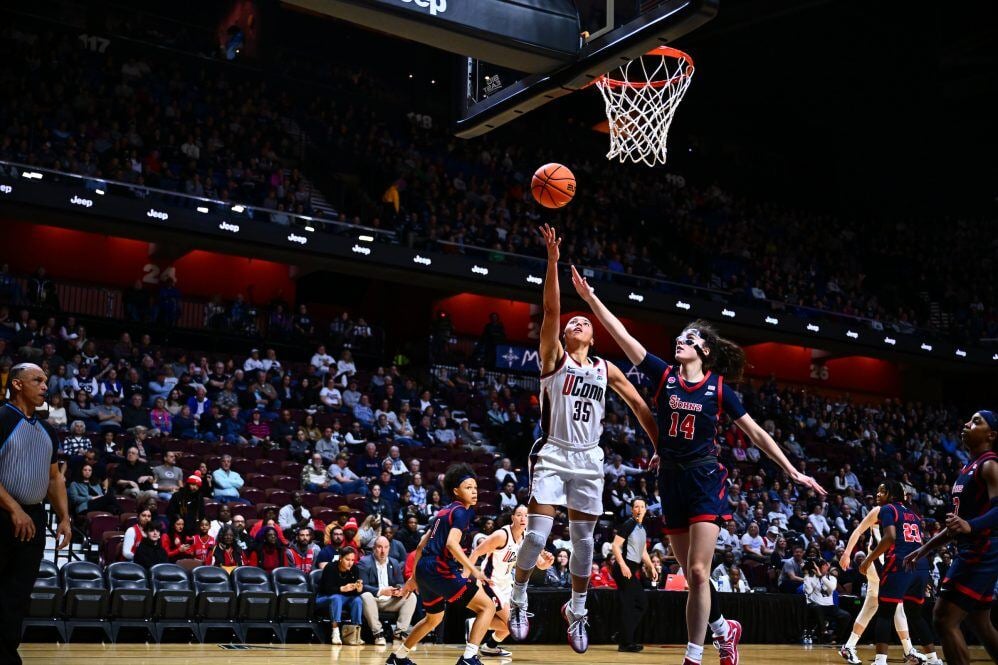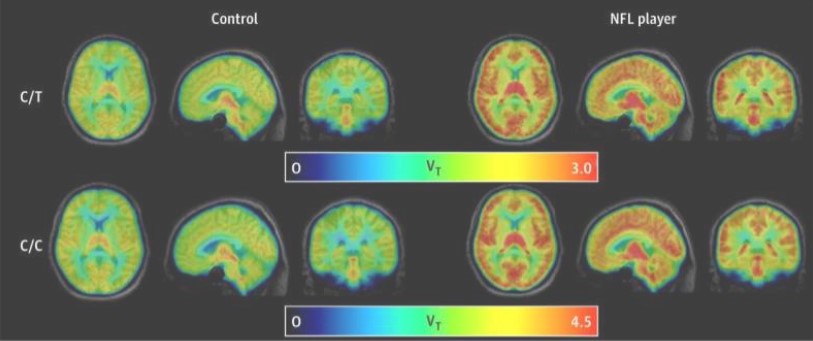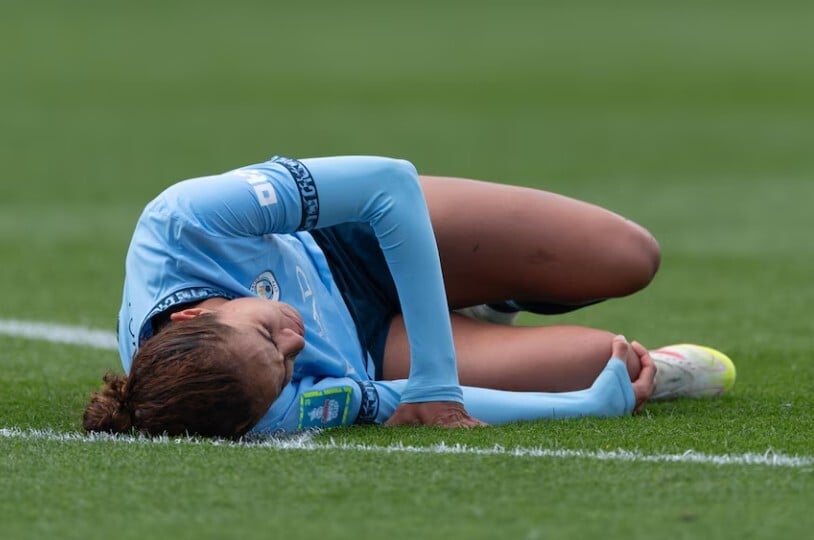From Injury to Identity: Navigating Mental Health in College Sports
 Conversations surrounding student-athletes and mental wellness have shed light on the underlying struggles they face.
Conversations surrounding student-athletes and mental wellness have shed light on the underlying struggles they face.
Kimberly DeBoer, the Rocky Mountain Athletic Conference’s Setter of the Year, experienced a significant setback during the California Collegiate Athletic Association Volleyball Tournament when she sustained a torn right patella tendon. Reflecting on her injury, DeBoer said:
“I immediately grabbed my knee. I definitely felt things shift around in there for sure.”
 This injury sidelined her, leading to both physical and emotional challenges.
This injury sidelined her, leading to both physical and emotional challenges.
DeBoer’s experience highlights the intense pressures collegiate athletes face, balancing academic responsibilities with athletic commitments.
“I think the people that aren’t in a student-athlete’s shoes will never fully understand the pressure that student-athletes experience."
The NCAA's 2023 Student-Athlete Well-Being Study found that 61% of Division II student-athletes felt overwhelmed by their responsibilities.
The National Collegiate Athletic Association, with help from the Sports Science Institute, has curated a guide to support student-athletes’ mental wellness during rehab recovery. Kelvin Chiu, an SFSU assistant Athletic Trainer, emphasized the importance of a holistic approach:
“Mentally, do they think they can do it? Even though we clear them they may be afraid to play again, jump again.”
DeBoer, now five months into her rehab, has been working on regaining strength in her right leg and adjusting to life outside her sport.
Former collegiate student-athlete Grant Parr, now SFSU’s mental performance coach, shared his own struggles after a career-ending injury.
“I started to fall into a deep depression. Didn’t know who the hell I was.”
His experience underscores the identity crisis many athletes face when their sports careers end.
Glory Smith, a former SFSU soccer player, also struggled with mental health after retiring from the sport.
“It took me a really long time to at least accept that I looked differently than I did as a college soccer player."
Transitioning away from the sport led her to therapy, where she learned to navigate her new identity and cope with body image issues.
Jailen-Daniel Dalton, an SFSU men’s basketball player, faced additional pressures off the court, including an unexpected pregnancy.
“It was hard. I would get too stuck in the basketball player mode. Then, other times, I would be so caught up in worrying about preparing for this baby that I wouldn’t perform on the court the way I should have.”
His coach, Vince Inglima, noted the importance of balancing responsibilities and the impact of mental health on performance.
The SFSU Student-Athlete Advisory Committee (SAAC), led by DeBoer, has been instrumental in promoting mental wellness. The committee’s 2024 mental wellness campaign includes events and resources aimed at helping athletes prioritize their mental health.
“It’s so helpful to be able to talk through situations with people and if it is hard, it is OK."
These stories highlight the complex interplay between physical injuries and mental health challenges faced by student-athletes. By fostering a supportive environment, institutions can help athletes navigate their journeys both on and off the field.
Check out the full story here!
![HR Logo [Recovered]_Full Color Vertical-1](https://blog.healthyroster.com/hs-fs/hubfs/HR%20Logo%20%5BRecovered%5D_Full%20Color%20Vertical-1.png?width=199&height=178&name=HR%20Logo%20%5BRecovered%5D_Full%20Color%20Vertical-1.png)
 By
By


